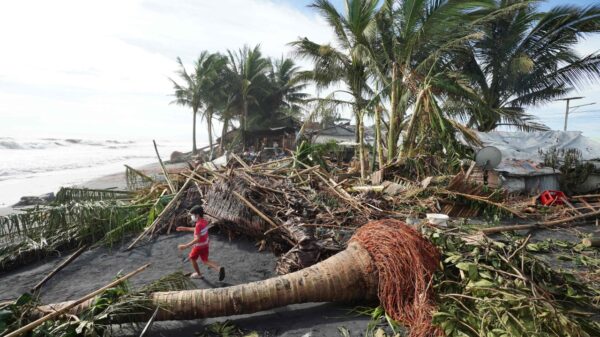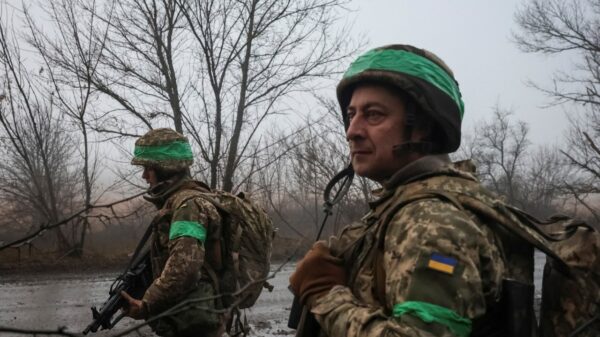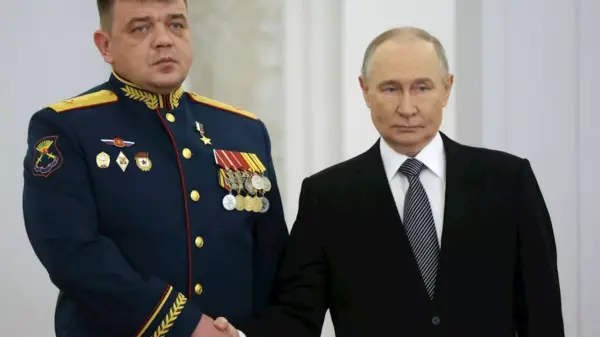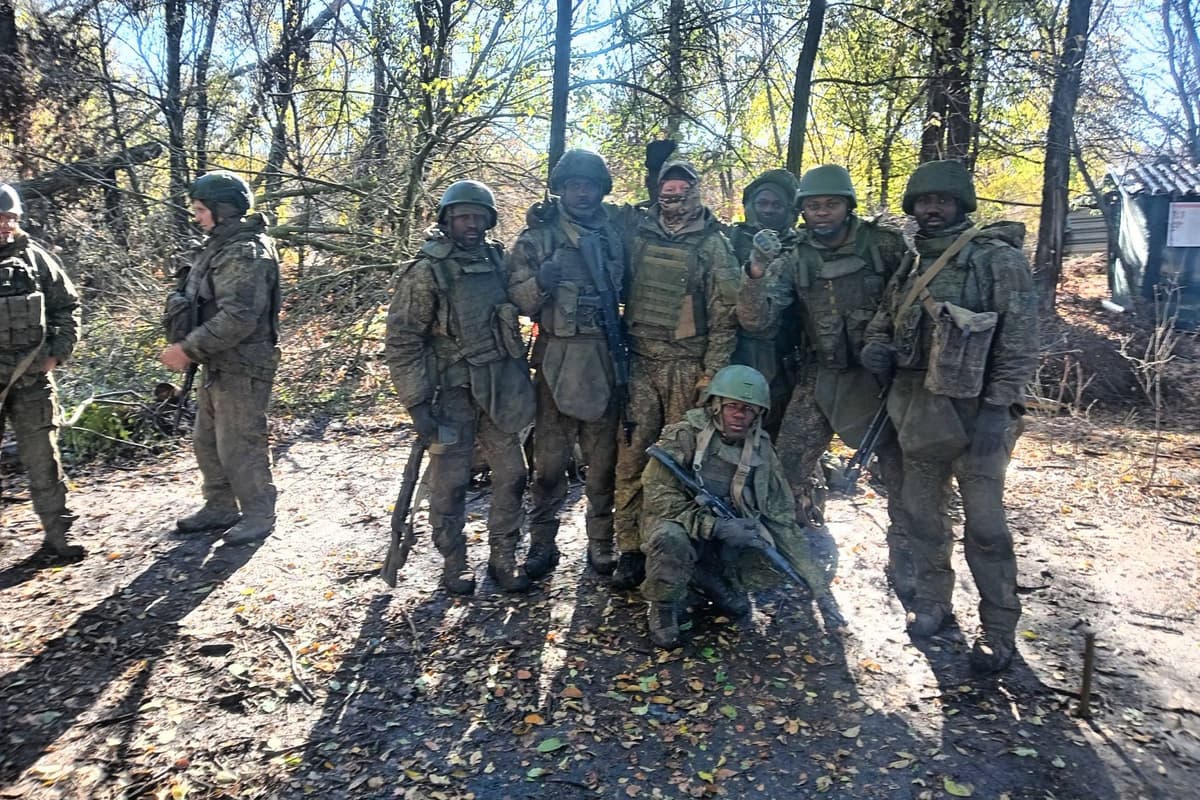Russia is reportedly expanding its military ranks by recruiting thousands of foreign nationals, particularly from Africa. Many of these individuals claim they were misled into signing contracts that would send them to fight in Ukraine. According to a statement from Ukraine’s Foreign Minister, Andriy Sybiha, on November 7, 2023, at least 1,436 citizens from 36 African countries have been drawn into this conflict under false pretenses.
Many of these young men hail from economically disadvantaged backgrounds. They view Russia as a potential source of opportunity, often arriving with hopes of securing employment or pursuing education. However, once there, they find themselves signing contracts written in Russian, leaving them unaware that they are agreeing to enlist in the military. Mr. Sybiha has characterized this decision as akin to signing a “death sentence.”
Reports indicate that recruits are enticed with promises of monthly salaries ranging from $2,500 to $3,500, a significant sum compared to the average earnings in countries like Cameroon. Yet, when these individuals go missing or are killed in action, Russian authorities provide little to no information to their families regarding their fate or financial compensation. The training process for these recruits is alarmingly brief, often consisting of only a few weeks before they are deployed to the front lines, where they face extreme dangers.
Mr. Sybiha notes that these recruits are often treated as “second-rate expendable human material” and that many do not survive beyond a month of combat. The use of foreign personnel, particularly from economically depressed regions, has raised concerns among analysts. They argue that units from regions like Buryatia and Tuva, along with migrant recruits from Central Asia, are bearing the brunt of frontline combat, suffering higher casualty rates compared to soldiers from more affluent urban centers such as Moscow and St. Petersburg.
While some African nationals actively seek opportunities within the ranks of foreign mercenaries, particularly with the Wagner Group, reports have emerged that even individuals on work visas are being coerced into combat roles. Last week, Cyril Ramaphosa, the President of South Africa, initiated an investigation into 17 South African recruits believed to be trapped in the Donbas region. In his statement, President Ramaphosa expressed concern over distress calls received from the families of these individuals, who were reportedly “lured to join mercenary forces” under the guise of lucrative job offers.
One striking case involves Evans Kibet, a long-distance runner from Kenya. After his visa expired while he was preparing for a race in St. Petersburg, he was promised employment. Unbeknownst to him, he signed a military contract, leading to a week of military training and subsequent deployment in Ukraine, where he was captured. He is currently detained as a prisoner of war.
Russia’s recruitment strategies extend beyond young men, targeting female migrants for its drone production initiatives. The Alabuga Start program has reportedly drawn women aged 18 to 22, luring them with the pretense of work-study opportunities. This program operates within a Special Economic Zone in Tatarstan, and although it initially targeted African recruits, its marketing efforts have spread to regions in Latin America, South Asia, and former Soviet states.
The Global Initiative Against Transnational Organized Crime has criticized the Alabuga program for its exploitative practices, arguing that it misleads vulnerable populations into supporting the Russian military effort. Beverly Ochieng, a senior analyst at Control Risks, noted that despite increasing awareness of these coercive recruitment strategies, there has been limited public outcry.
Governments must proactively inform their citizens about the risks of becoming entangled in conflicts abroad. Ochieng emphasized the importance of providing comprehensive information to prevent individuals from unwittingly participating in warfare. Without such measures, the cycle of exploitation and violence is likely to persist, trapping the most vulnerable in dire circumstances.








































































